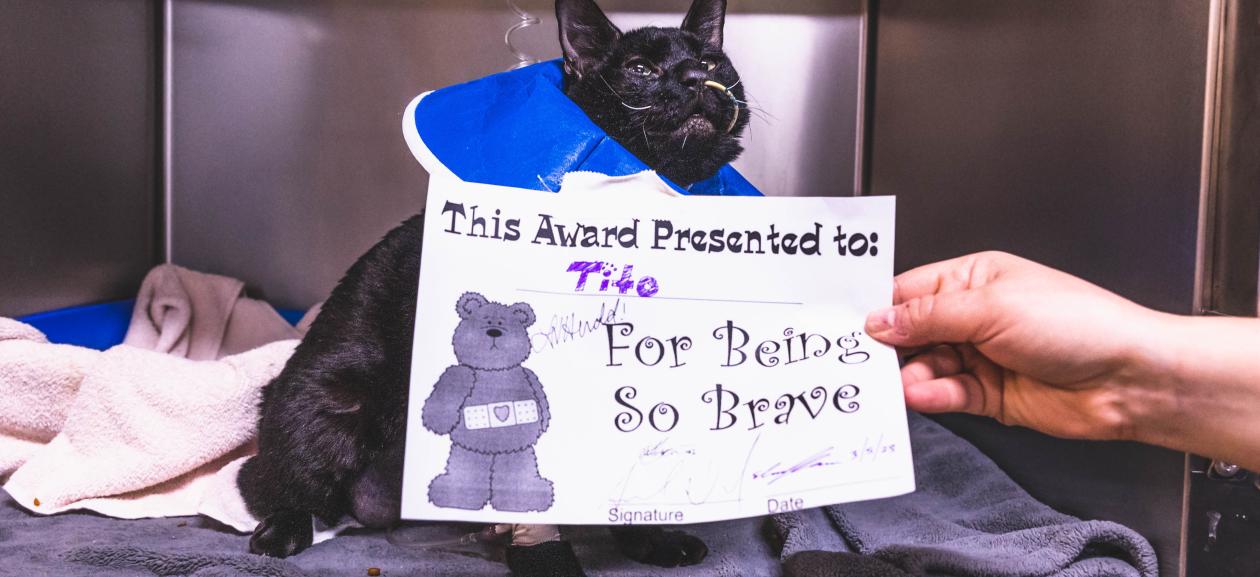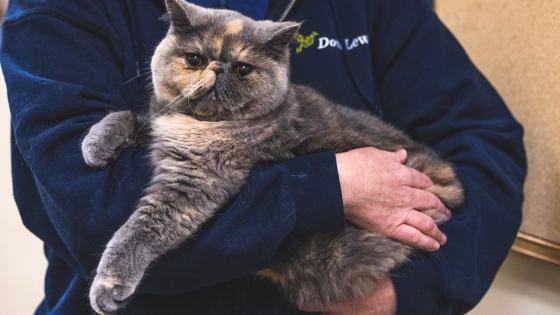
Is My Cat Sick? A Guide for Cat Owners
As loving pet owners, it's important for us to be attuned to our cat's well-being. Cats, known for their independence, can be masters at hiding when they're sick. However, they do exhibit subtle signs that can indicate something may not be quite right.
Recognizing these signs early can help you get your cat the veterinary care they need, and ensure your feline companion's health and happiness. So, how can you tell when your cat is sick and needs to see a veterinarian?
Changes in Appetite
A sudden decrease in appetite is often one of the first signs that a cat is sick and can indicate dental problems, gastrointestinal issues, or systemic disease. Less commonly, an increase in appetite may signal metabolic or hormonal disorders such as hyperthyroidism or diabetes.
Weight Fluctuations
Unexpected weight loss or gain is a red flag. Weight loss without changes in diet or activity could be linked to hyperthyroidism, diabetes, or kidney disease. Unexplained weight gain may result from fluid retention, hormonal imbalances, or obesity-related complications.
Changes in Litter Box Habits
The litter box can provide valuable insights into your cat's health. Frequent urination, straining to urinate, blood in the urine, or going outside the litter box altogether can be signs of urinary tract infections, bladder stones, or kidney problems. Similarly, changes in bowel movements, including diarrhea, constipation, or blood in the stool, may indicate gastrointestinal issues or infections.
Changes in Behavior
Cats are creatures of habit. If your cat becomes unusually lethargic, hides more than usual, or shows agitation or restlessness, something may be wrong. Changes in grooming—either excessive grooming or neglecting it—can also indicate illness or discomfort.
Respiratory Issues
Pay attention to your cat's breathing patterns. Watch for coughing, wheezing, rapid or labored breathing, or nasal discharge. Open-mouth breathing is particularly concerning and requires urgent attention. These signs can indicate respiratory infections, asthma, or even heart problems.
Vomiting and/or Diarrhea
Occasional vomiting or mild diarrhea can happen to any cat, but persistent or severe episodes can be problematic. Frequent vomiting, especially if it contains blood, or diarrhea lasting more than a day, can lead to dehydration and nutrient deficiencies. These symptoms could be caused by various factors, including dietary indiscretion, infections, or more serious conditions.
Changes in Coat and Skin
A cat’s coat and skin can reflect overall health. Look for excessive hair loss, dry or flaky skin, rashes, lesions, or irritation. These may signal allergies, parasites, skin infections, or other systemic issues.
Watching for these subtle signs and seeking veterinary care early can make a big difference. Cats rely on us to notice the changes they hide. Staying attentive helps catch problems sooner, keeping your cat healthier and more comfortable.




